Declaring it in main is declaring it in "automatic storage" AKA the stack. Declaring it outside of main, is declaring it in "static storage" AKA global data. You are declaring a ton of data. std::bitset<5000> is 632 bytes on my system with VS2013 (likely an alignment from 5000/8). And you are declaring 5000 of them. 5000 * 632 = 3 160 000 bytes, or roughly 3 Megabytes. Default in VS2013 is 1 megabyte for the stack, which is why you are seeing an overflow.
There are three kinds of storage: automatic, storage, and dynamic. These are colloquially referred to as stack, static (in some cases, global) and heap memory respectively:
int static_int;
int main() {
int automatic_int;
static int local_static_int; // also static storage!
int * dynamic_int_ptr = new int;
}
- Automatic storage is allocated at a mix of compile time/run time. The stack expands at run-time entry to a function in order to hold local variables, but this is a known compile-time value since the number of variables and their sizes are well known (I'm ignoring dynamic arrays here because they are non-standard) These variables are constructed on scope entry, and destructed on scope exit.
- Static storage is allocated at compile time. This memory is paid for up front, and constructed at program start. It is destructed when the program exits.
- Dynamic storage is allocated at run-time. This memory is allocated by
new and a pointer to some blob that holds your shiny new data is returned. These variables are constructed when new is called, and destructed when delete is called.
